Cereal & Muesli
Not everything deserves to go in your body. Choose wisely with Ariso, buy and savour.
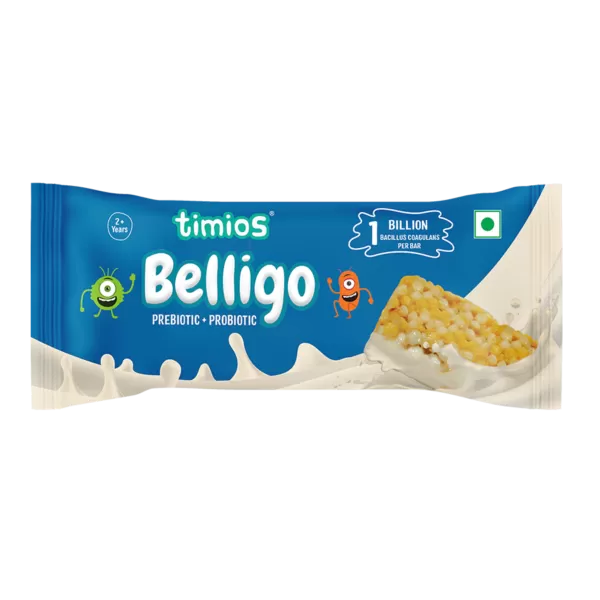
Timios Belligo Immunity Bars for Kids
Category:
Cereal & Snack Bars
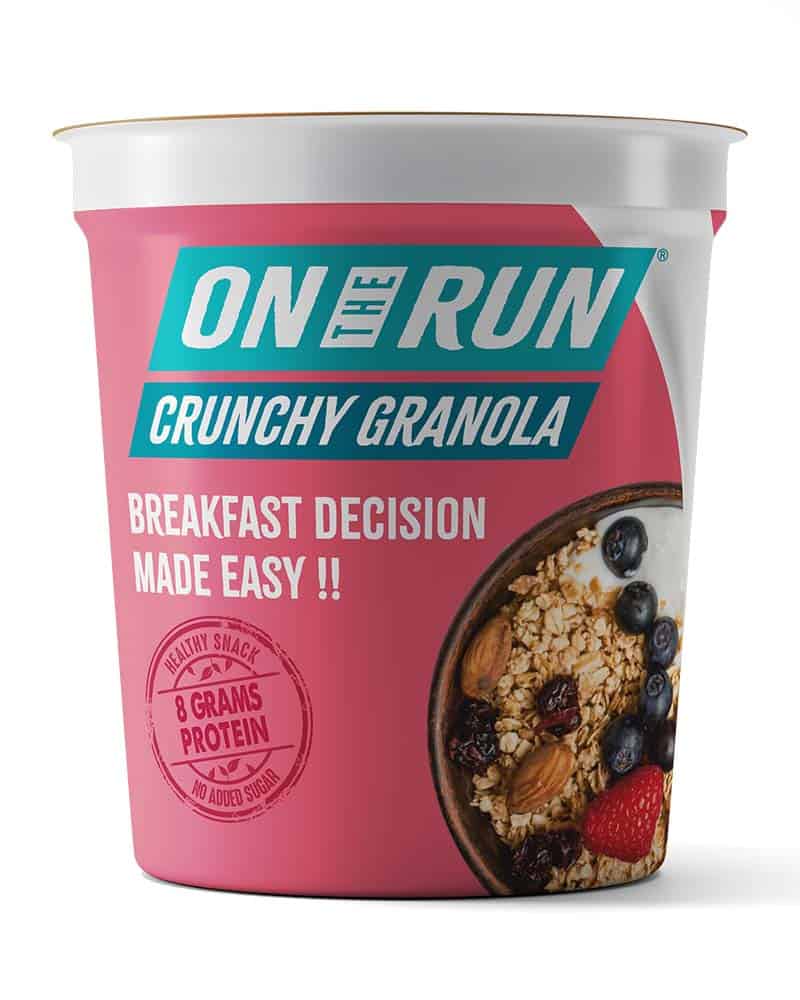
On The Run Crunchy Granola
Category:
Granola Cereals
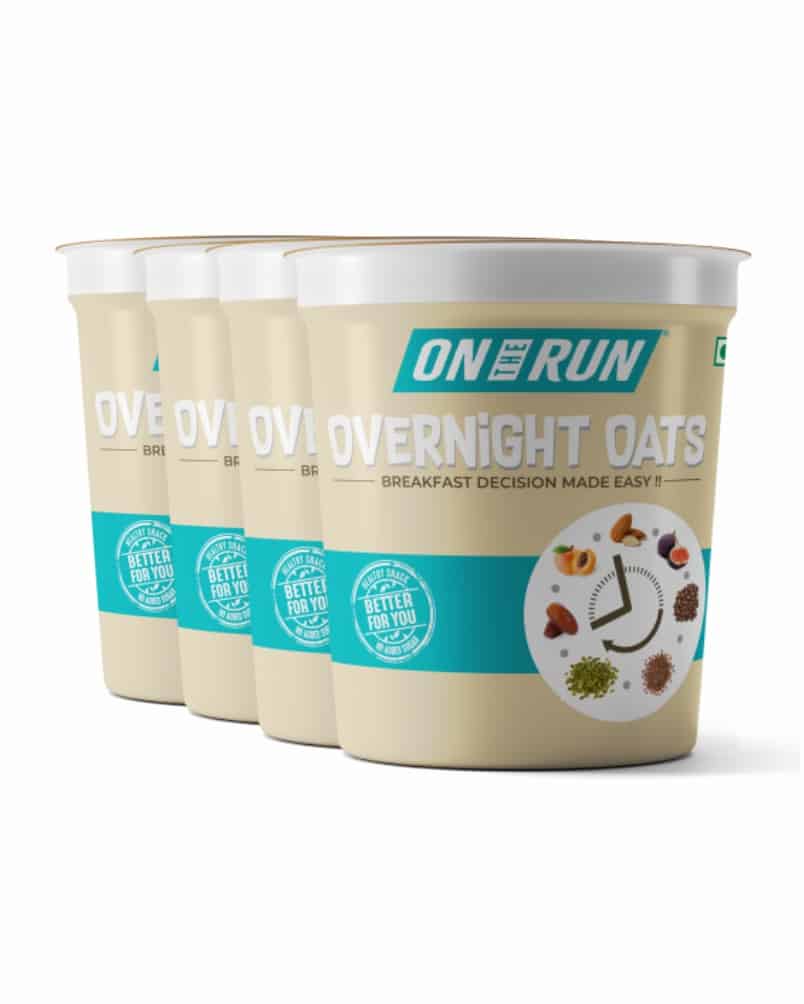
On The Run Overnight Oats
Category:
Oats and Porridge
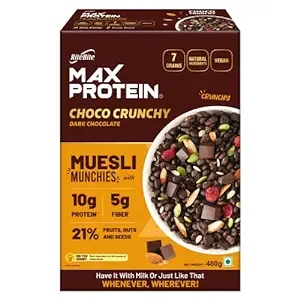
Max Protein Choco Crunchy Dark Chocolate
Category:
Muesli
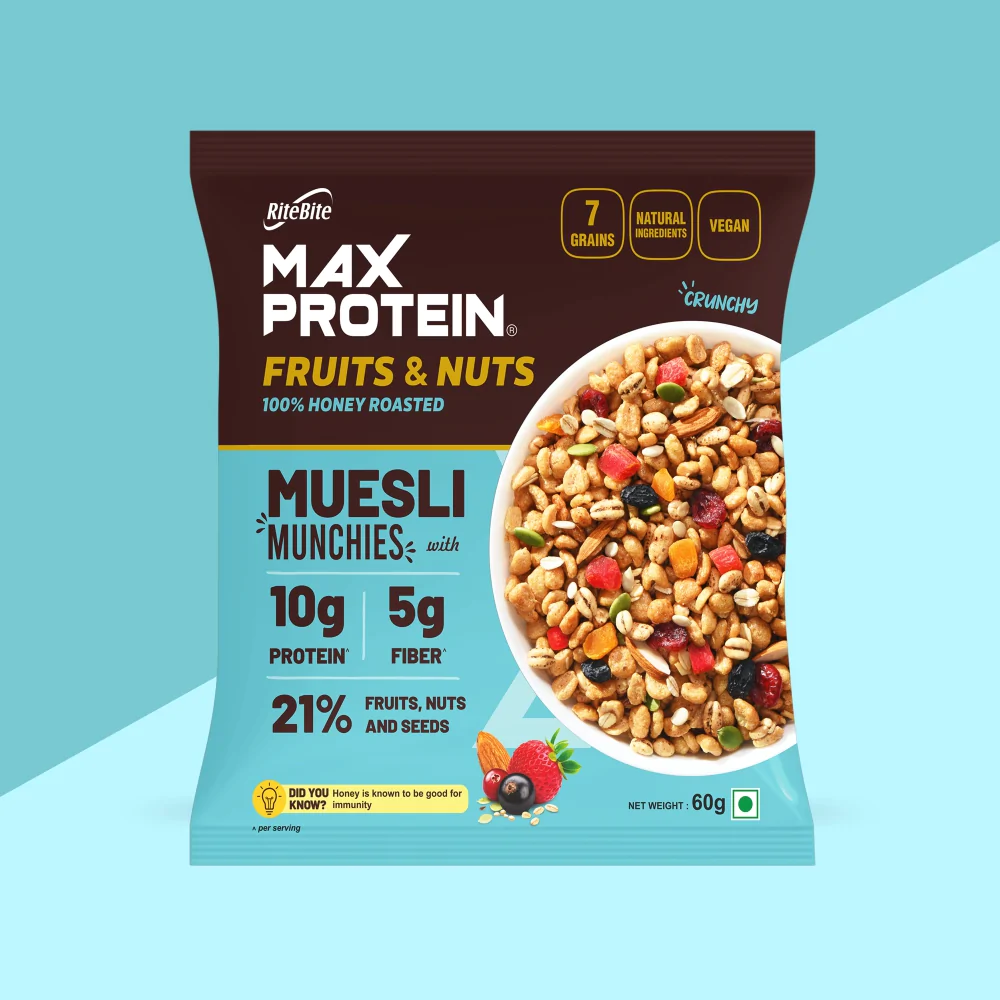
Max Protein Fruits & Nuts Muesli
Category:
Muesli
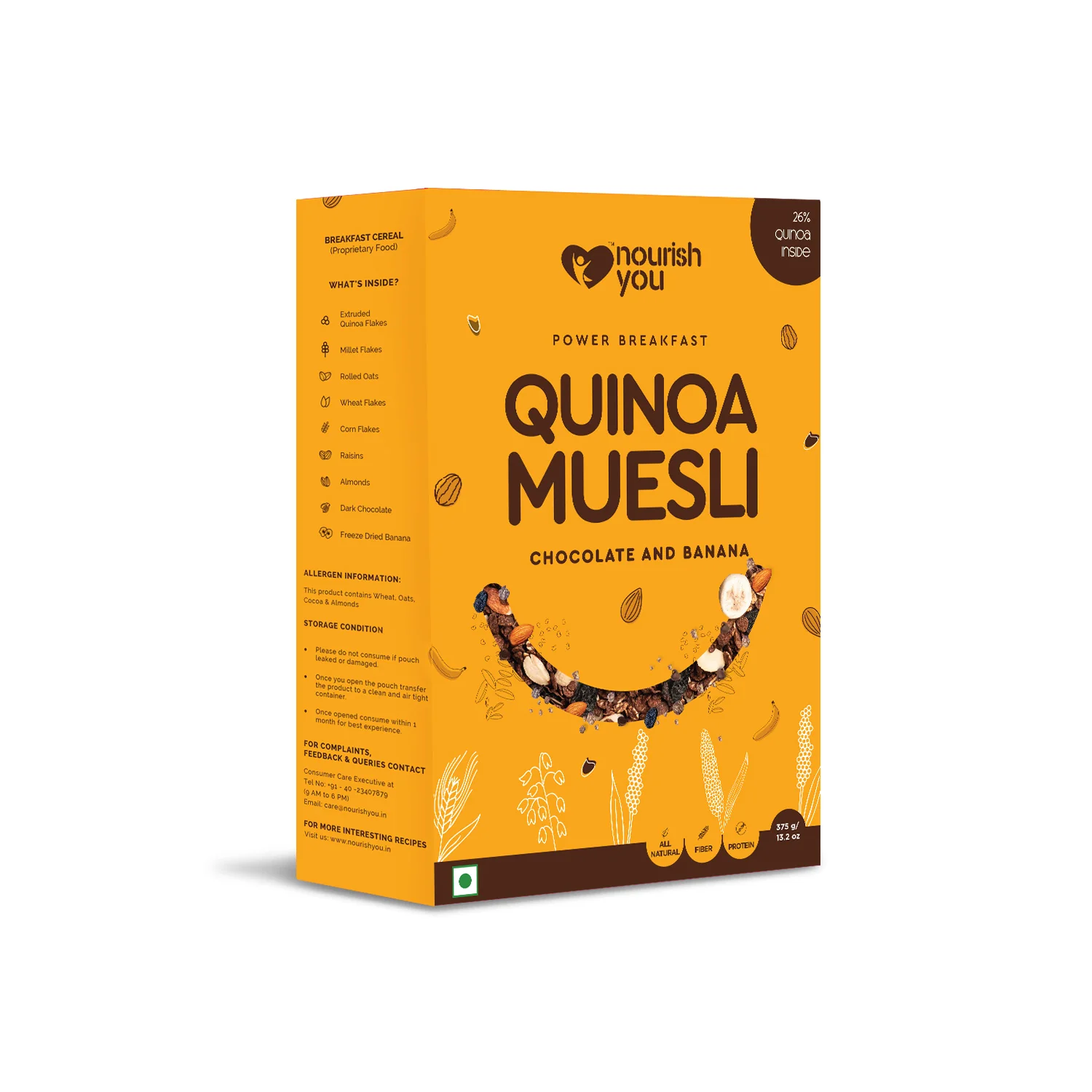
Nourish You Quinoa Muesli Chocolate & Banana
Category:
Muesli
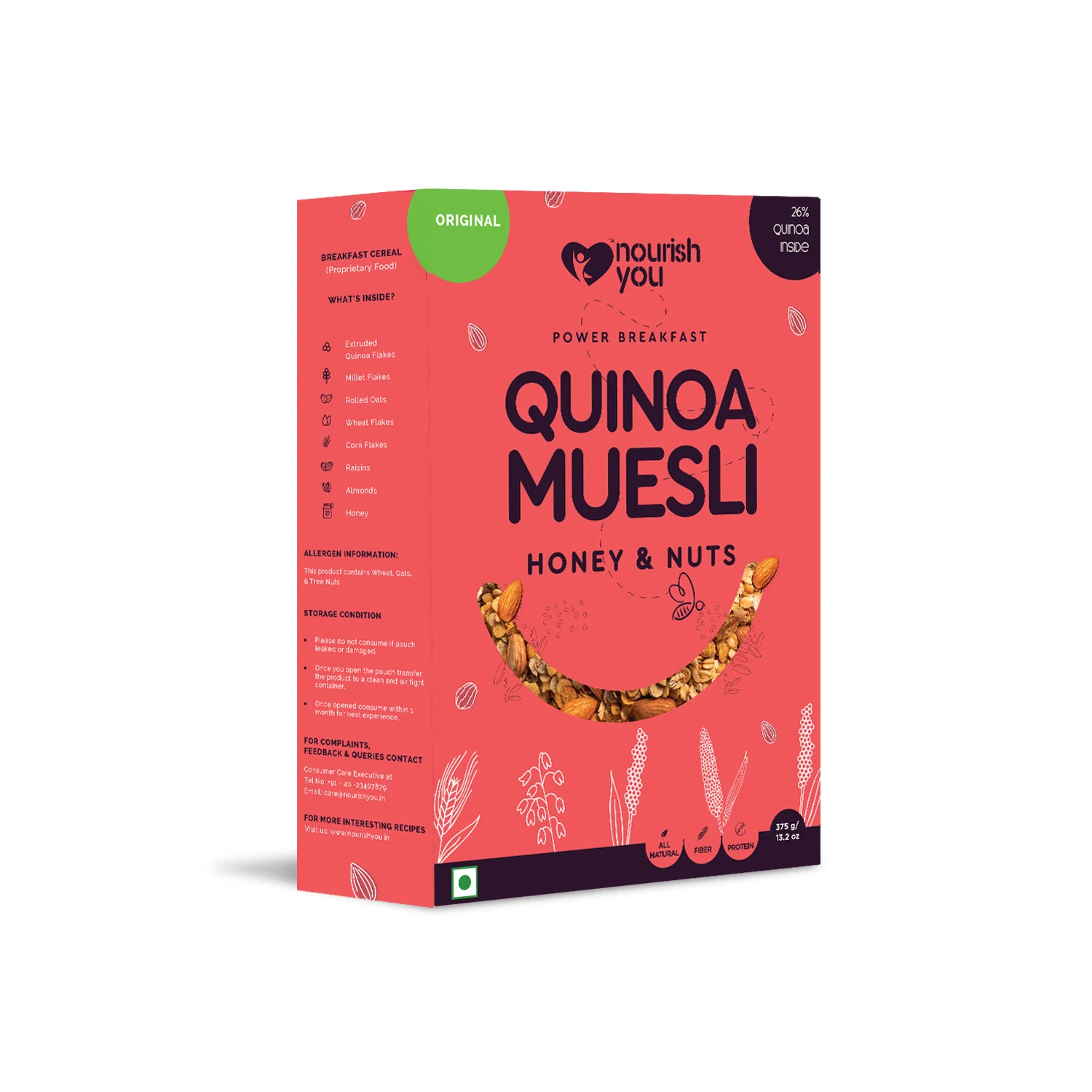
Nourish You Quinoa Muesli Honey & Nuts
Category:
Muesli
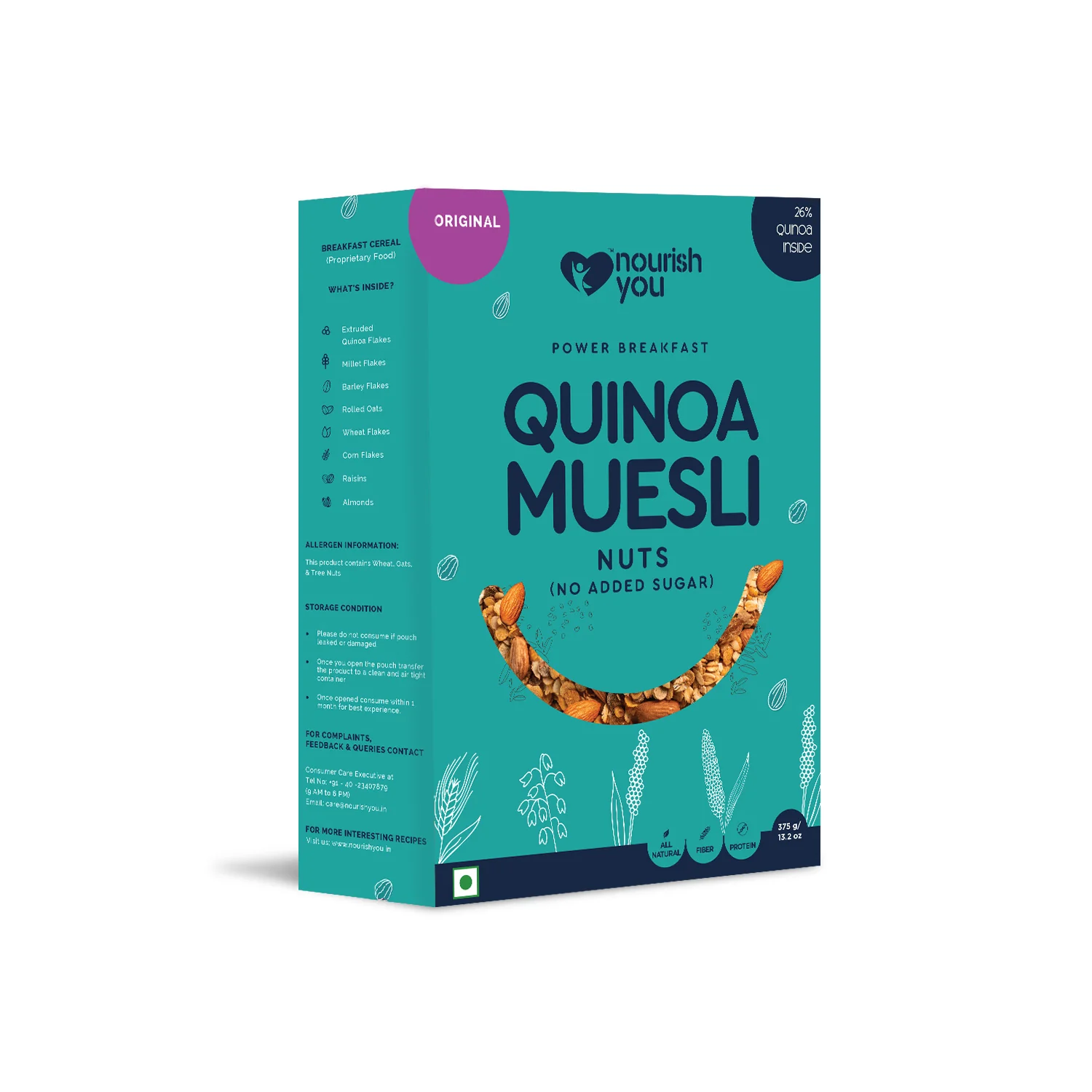
Nourish You Quinoa Muesli Nuts (No Added Sugar)
Category:
Muesli
All clean products

Most Searched Products

FAQ’s
Learn a little something from what we learned recently. The easiest way to understand food and nutrition
What are the typical ingredients in muesli cereal?
Muesli cereal typically contains a mix of rolled oats, dried fruits (like raisins, cranberries, or apricots), nuts (such as almonds, hazelnuts, or walnuts), seeds (like pumpkin or sunflower seeds), and occasionally flakes of wheat or barley. Sometimes, you might find coconut flakes or other grains like quinoa or bran added for variation. This blend offers a rich source of fiber, protein, vitamins, and minerals. Some varieties may include sweeteners like honey or sugar for added taste. Muesli can be enjoyed with milk, yogurt, or as an ingredient in smoothies or baked goods, providing a wholesome and versatile breakfast option.Is muesli a healthy breakfast option?
Yes, muesli is generally considered a healthy breakfast option. Its primary ingredients, like oats, nuts, seeds, and dried fruits, offer a balance of complex carbohydrates, fiber, healthy fats, and a variety of vitamins and minerals. These components contribute to improved digestion, sustained energy levels, and overall health. Muesli tends to have lower sugar content compared to many other breakfast cereals, especially if you choose varieties without added sugars. However, portion control is important due to its calorie density, especially if it contains added sweeteners or extra nuts and dried fruits. Pairing it with yogurt, fresh fruits, or milk can enhance its nutritional value, making it a versatile and nourishing breakfast choice.What is the difference between cereal and muesli?
Cereal typically refers to a broad category of grains processed and packaged for breakfast consumption. These often include grains like corn, wheat, rice, or oats that are processed into flakes, puffs, or shapes, sometimes with added sugars and flavors. Cereals are often ready-to-eat and can be consumed with milk or yogurt. Muesli, on the other hand, is a specific type of cereal made from a mix of uncooked rolled oats, dried fruits, nuts, seeds, and occasionally other grains. Unlike most traditional cereals, muesli is not usually pre-cooked or heavily processed, retaining the natural goodness of its ingredients. It's typically eaten after soaking in milk or yogurt overnight, allowing the oats to soften.What is muesli and cereal for weight loss?
Muesli and certain cereals can support weight loss due to their high fiber content and nutrient density. Muesli, particularly varieties without added sugars, offers complex carbohydrates and fiber, promoting satiety and aiding in better digestion. It helps maintain steady blood sugar levels, reducing cravings and overeating. Choose muesli with minimal added sugars and pair it with low-fat milk or yogurt for a satisfying, low-calorie meal. For weight loss, opt for whole-grain, low-sugar cereals rich in fiber. Look for labels indicating whole grains as the first ingredient and minimal added sugars. These cereals provide longer-lasting energy, help control hunger, and prevent spikes in blood sugar. Combine them with unsweetened almond milk or Greek yogurt to create a filling and nutritious breakfast or snack that supports weight management.




